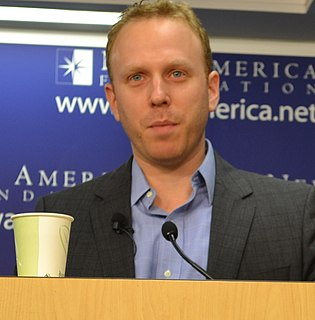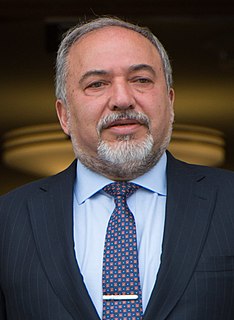A Quote by Tzipi Livni
We must draw a distinction between understanding and supporting Israel's values and existence, and criticising any Israeli government's policy.
Quote Topics
Related Quotes
There are those who would draw a sharp line between power politics and a principled foreign policy based on values. This polarized view - you are either a realist or devoted to norms and values - may be just fine in academic debate, but it is a disaster for American foreign policy. American values are universal.
The bottom line is this: Peace will come to Israel and the Middle East only when the Israeli government is willing to comply with international law, with the Roadmap for Peace, with official American policy, with the wishes of a majority of its own citizens - and honor its own previous commitments - by accepting its legal borders. All Arab neighbors must pledge to honor Israel's right to live in peace under these conditions.
Together, these advocates create a pro-Israeli case so compelling that the idea and reality of Israel has worked itself deep into American culture, politics and foreign policy. Many American Jews refuse to accept it, but the real debate between Israel’s supporters and detractors in America is all but over.
































